9 March 2023
In conversation with female leaders
Captain Jo Moir

Following International Women's Day (8 March), Captain Jo Moir asks a range of female leaders for their insights into the realities for women in leadership in The Salvation Army and their hopes for the future.
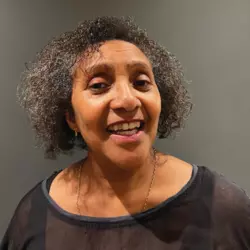
Janet Laird
Songster Leader, Croydon Citadel
In what ways are you seeing women being enabled, empowered and equipped for service and ministry within the territory?
It’s encouraging to see a number of female bandmasters in our territory, especially when you consider those days – within living memory for many of us – when women weren’t even allowed to participate in Army bands.
In The Salvation Army, we do have a history of female leadership at the very highest positions, yet there are still sometimes blind spots when it comes to the very clear potential and ability of married female leaders.
Do you see or have you experienced discrimination for being a female leader?
Yes, from someone who would never have spoken to a male leader the way I was spoken to when I made a decision that they didn’t agree with.
What action would you like to see in the next five years around women in leadership in the UKI Territory?
We are in a period of enormous upheaval as corps recover from the period of lockdowns during the Covid-19 pandemic. In many places we have reduced numbers, a different attitude towards commitment and sometimes a wholesale shift in our capacity to operate and serve in ways we used to. I would like to see women be listened to, involved and given a voice to help us navigate this new period in our history with flexibility and empathy for a changed world.
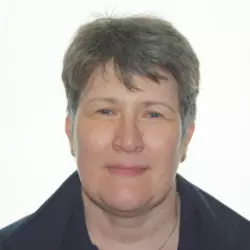
Territorial Envoy Ali James
Corps Leader, Great Yarmouth
In what ways are you seeing women being enabled, empowered and equipped for service and ministry within the territory?
I’ve felt hugely supported in exploring leadership and very encouraged along the way.
Do you see or have you experienced discrimination for being a female leader?
I’ve not yet been discriminated against in The Salvation Army for being a woman. In fact, I’ve always been impressed that the Founders were so for getting women into all roles.

Bethany Munn
Pioneer Leader, Faversham
In what ways are you seeing women being enabled, empowered and equipped for service and ministry within the territory?
I have reflected often on the privilege I have felt, particularly as a young girl and now as a woman, that I didn’t ever question whether I could serve God in ministry. I knew that God called me and that my gender didn’t prohibit me.
Do you see or have you experienced discrimination for being a female leader?
I have not directly experienced discrimination within The Salvation Army but, unfortunately, I have experienced it within my ministry. I am blessed to serve alongside my husband in ministry. However, at the start I was referred to as his assistant and still today ecumenical work is addressed or directed to my husband before me, despite sharing and working equally.
What action would you like to see in the next five years around women in leadership in the UKI Territory?
I would love to see more visible discussions and content that show the breadth and depth of women in The Salvation Army, both those serving God through the Army, but also those in other areas. We need to stand with all women, highlighting the challenges and praying into change for today and for tomorrow.
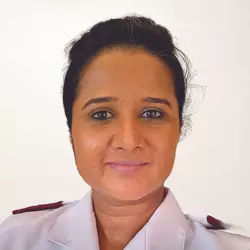
Lieutenant Nazia Yousaf
Corps Officer, Stockport Heaton Norris
In what ways are you seeing women being enabled, empowered and equipped for service and ministry within the territory?
Being part of the UKI Territory, I feel I have been encouraged, empowered and equipped as a female leader. I have been given a sense of self-worth and access to equal opportunities. No one judges my abilities based on my gender. Rather, I am valued and respected as a person.
Do you see or have you experienced discrimination for being a female leader?
There was someone who made the comment that because I was a woman, I could not be their pastor. Although this incident only reflects the discriminatory opinions of one person, I would say that this issue has not been fully eliminated, and we cannot deny that gender discrimination is still a problem in the UKI Territory.
What action would you like to see in the next five years around women in leadership in the UKI Territory?
I want to see leaders placed in key positions because of their notable abilities and talents, not because of their gender. As Mordecai did for Esther, we need people to encourage and motivate female leaders to see that they, too, have been placed here ‘for such a time as this’ (Esther 4:14).
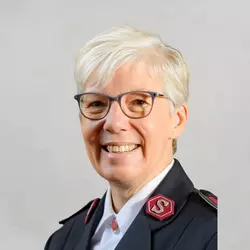
Colonel Jenine Main
Territorial Secretary for Leader Development, THQ
In what ways are you seeing women being enabled, empowered and equipped for service and ministry within the territory?
It is hoped that women are given the same opportunities as men with regard to training. However, I would say that there are still more men than women selected for specific opportunities on boards and councils, speaking roles, leadership roles, etc. I also note many married female leaders taking the main caring role for children or family and therefore declining certain opportunities they may be offered.
Do you see or have you experienced discrimination for being a female leader?
I feel that I have been discriminated against as a married female leader on the occasions that I have been given a ‘default’ role, ie ‘a job for the wife of…’. I have not been given the same opportunities my husband has had for wider Salvation Army experience.
What action would you like to see in the next five years around women in leadership in the UKI Territory?
I would like to see a far more proactive intention to appoint women to leadership roles so that it becomes much more the norm. We also need to give women wider experiences, so they feel capable to accept a leadership role when offered.
Written by
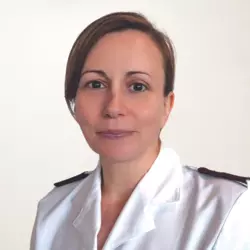
Jo Moir
Territorial Communications Officer, THQ
Discover more

How the Lionesses have inspired me
Cadet Lizzy Kitchenside reflects on the impact the England women’s football team has had on the game and society.
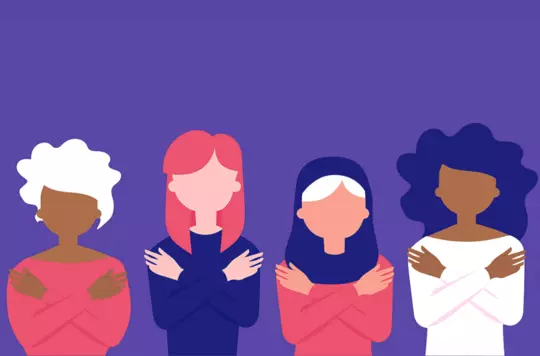
International Women's Day 2023: Embracing equity
Bethany Gibson considers how equity is essential to fullness of life for all.

Ep 1: Sunday Worship with Grace Moir
Grace Moir considers how we can care for God’s creation in a Self-Denial special.
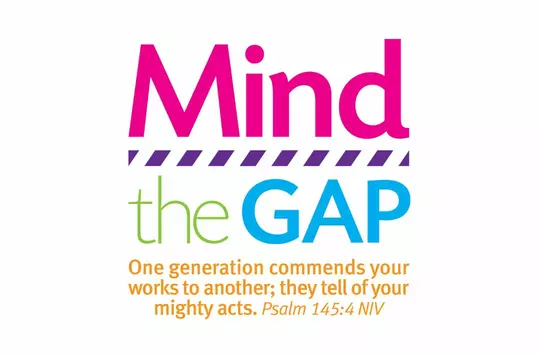
Riverbank Women's Conference
Join women of all ages to encounter God in worship, engage in Christian teaching and explore our God-given potential.